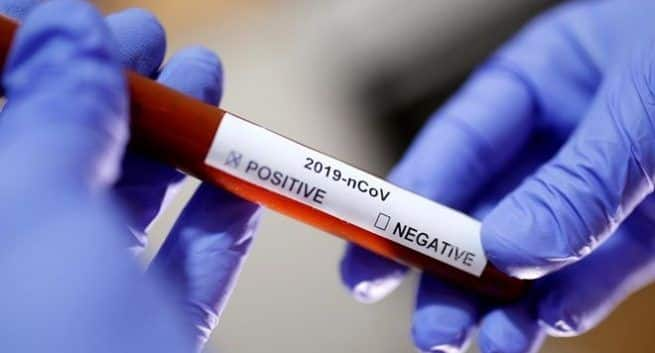
It is more than a year now that the novel coronavirus outbreak was first reported from a market in Wuhan. Since then the virus has spread to several countries and later WHO declared the virus outbreak as a Pandemic. The COVID-19 virus which is caused by the SARS-CoV2 is a respiratory disease that turns fatal if not treated on time. There are generally two types of patients infected by the COVID virus — Symptomatic (those who shows the symptoms of the infection such as rise in body temperature, cough and cold, headache, etc) and Asymptomatic (those who doesn’t shows the symptoms of the infection attack at all). But, how does that happen? A team of scientists has identified a genetic link explaining why some people who catch Covid-19 don’t become sick.
This Gene Is Present In COVID Asymptomatic Patients
The team led by Newcastle University in the UK demonstrated that the gene HLA-DRB1*04:01 is found three times as often in people who are asymptomatic, suggesting that people carrying this gene have some level of protection from severe Covid. It is known that the human leukocyte antigen gene identified HLA-DRB1*04:01 is directly correlated to latitude and longitude. This means more people in the North and West of Europe are likely to have this gene.
This suggests that populations of European descent will be more likely to remain asymptomatic but still transmit the disease to susceptible populations. “This is an important finding as it may explain why some people catch Covid but don’t get sick,” Carlos Echevarria from the varsity’s Translational and Clinical Research Institute. “It could lead us to a genetic test which may indicate who we need to prioritise for future vaccinations.
“At a population level, this is important for us to know because when we have lots of people who are resistant, so they catch Covid but don’t show symptoms, then they risk spreading the virus while asymptomatic,” Echevarria said. The study, published in the HLA journal, compared asymptomatic people to patients from the same community who developed severe Covid but had no underlying illnesses.
The team used samples from 49 patients with severe Covid who had been hospitalised with respiratory failure, samples from an asymptomatic group of 69 hospital workers who had tested positive through routine blood antibody testing and a control group from a study into the relationship between HLA genotypes and the outcomes of joint replacement surgery.
This post first appeared on The Health Site










Comments are closed.